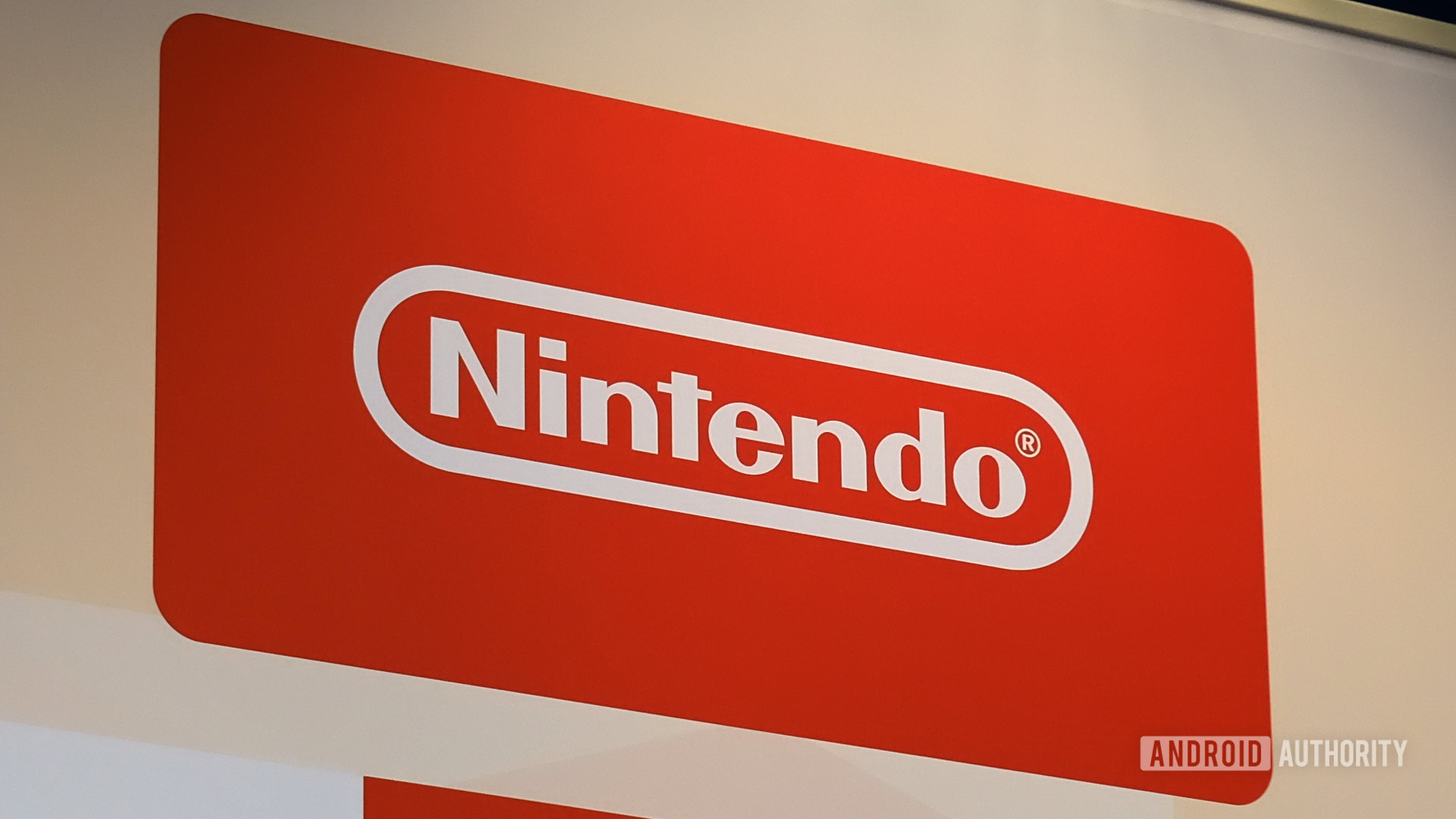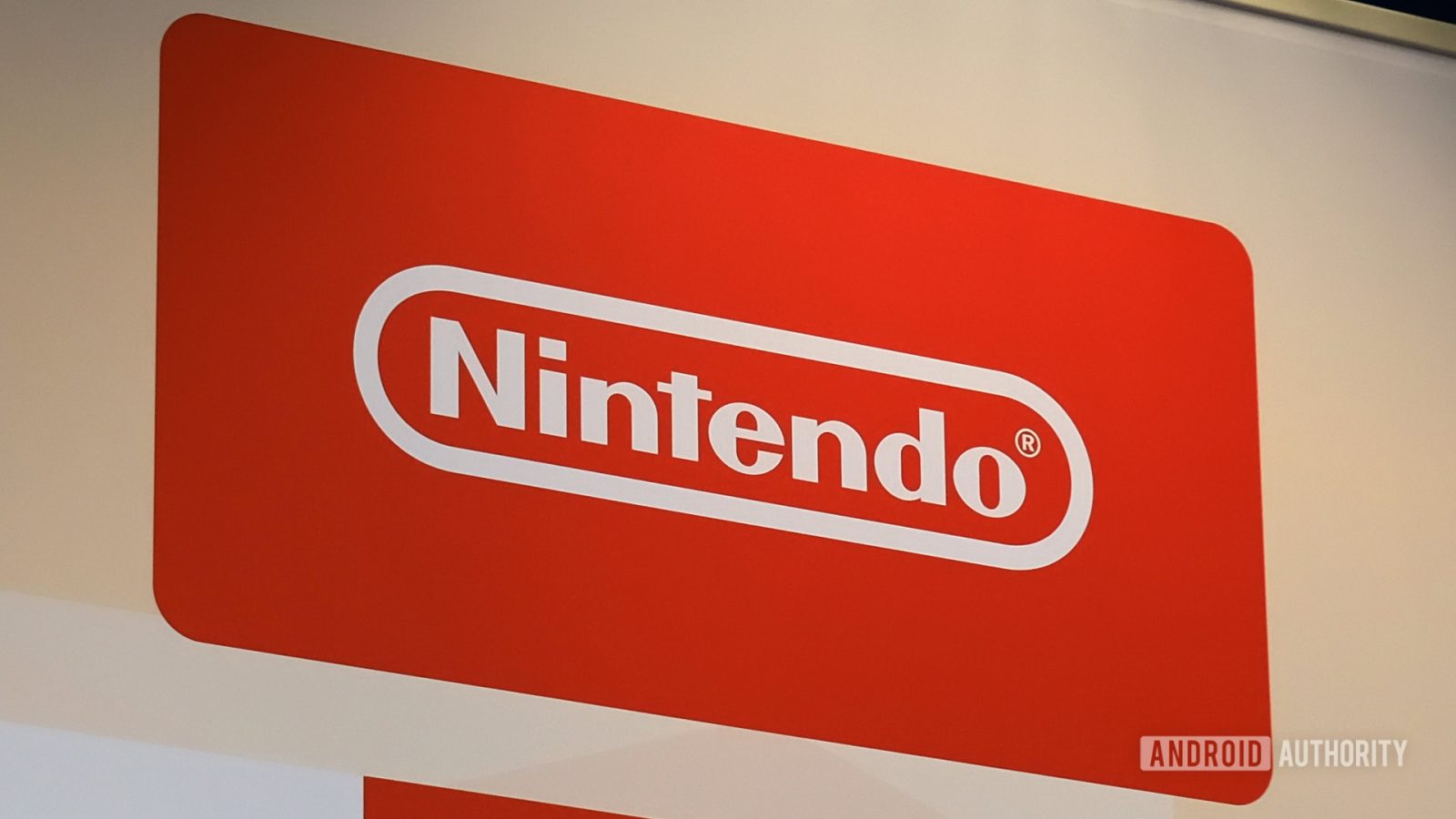
Robert Triggs / Android Authority
TL;DR
- The top IP lawyer at Nintendo agreed that emulators are technically legal at a panel for intellectual property rights.
- They run afoul of the law when they bypass encryption, recreate copyrighted programs, or point users to pirated material.
- Nintendo’s legal team has been aggressively pursuing emulation projects for years.
Last year was rough for emulation, with Nintendo pressuring and shutting down several emulation projects like Yuzu, Citra, and Ryujinx. However, none of these cases went to court, so the legal status of emulation is still largely untested. And now, we might know why.
At the Tokyo eSports Festa earlier this week, top lawyers and intellectual property leaders from Capcom, Koei, Sega, Konami, and Nintendo discussed a variety of issues concerning copyright and IP in the gaming industry (via Denfaminico Gamer). Regarding emulators, patent attorney and deputy general manager of Nintendo’s intellectual property department, Koji Nishiura, agreed that they are, technically, completely legal.
However, there are still a number of ways that emulators can violate the law. For example, the Nintendo Switch has certain “technical restriction measures” that prevent it from playing pirated games. If a Switch emulator seeks to bypass those measures, it opens itself up to legal trouble.
Nintendo knows that emulation is legal, but developers are walking a tightrope.
Note that this discussion was based on Japanese law, but the same language is found in the DMCA Section 1201(a)(1)(A): “No person shall circumvent a technological measure that effectively controls access to a work protected under this title.” That law is more than 26 years old, going into effect a month after Google was founded, but the language remains in place.
Additionally, the specific programs a console uses, such as the home screen or menus, are subject to copyright protection. Copying those elements in an emulator opens a separate but equally squiggly legal can of worms.
In other words, emulation itself isn’t illegal, but using an emulator in certain ways can still violate the law. Nishiura stated that Nintendo shut down emulators around the globe for bypassing technological restriction measures, framing it as a way to protect developers. The company did something similar back in 2009, when it teamed up with 54 developers to shut down a company making a device that played pirated DS games.
Nishura also pointed out that emulators that direct users to pirated games or other copyrighted material are also in clear violation of the law. That appears to have been the case with Yuzu developer Tropic Haze, who is rumored to have been internally sharing ROMs for the latest Switch titles.
It’s also possible that Nintendo has ramped up legal action recently due to compatibility with the just-announced Nintendo Switch 2 console, which will launch later in 2025.
Got a tip? Talk to us! Email our staff at news@androidauthority.com. You can stay anonymous or get credit for the info, it’s your choice.

Leave a Reply